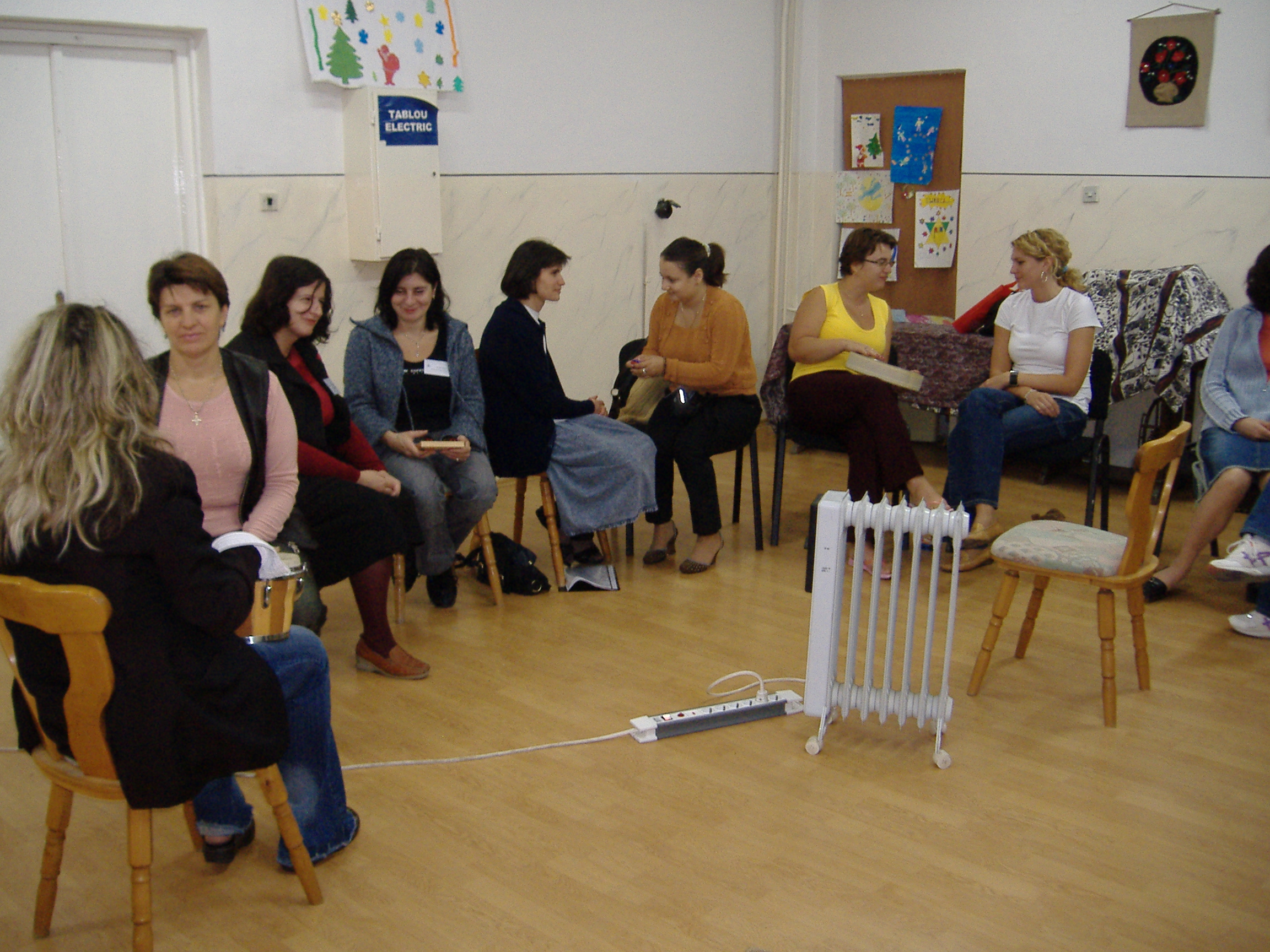Why Music as Therapy?
|
Historically people have come to associate the phrase “Music as Therapy project” with a specific six-week skill-sharing/training initiative undertaken in Romania. Actually our activities have been wider than this for many years now and are set to become a whole step wider still with the launch of Music as Therapy International in October 2008. What makes a Music as Therapy project distinct is not its structure, but certain parameters, values and principles of good practice: |
|
 |
Music as Therapy projects are never about what we can do in the moment, but about what our Local Partners can do in the future. They have a sharp focus on the role of the project within the wider context of a developing community. This means that not all our decisions are clinical. Many of them are operational or strategic with one eye carefully kept on the bigger picture of life in the community we are working. |
|
|
|
|
|
|
|
|
|
|
Sustainability Every MasT project aims to have an impact that lasts longer than our active presence within the participating community. We believe effective partnerships between employees, volunteers and Local Partners are fundamental to sustainability. We make every effort to enable Local Partners to build on our investments in their communities. We share our resources with others working in related fields to broaden the impact of our work. Integrity We are honest and ethical in all that we do and engage in responsible decision-making that reflects the highest standards of conduct. This ensures that our credibility, leadership and use of charitable funds is never in question. We demonstrate best practice at all times, guided by a professional code of ethics. Respect We are passionate about understanding the real needs of communities we work in and believe sensitivity to local culture and customs are vital. Time allowed to listen to, observe and learn from our Local Partners is integral to our projects. A collaborative approach is paramount. Innovation Making concepts of music therapy accessible to people in non-traditional contexts requires creativity, compromise and vision. We encourage innovative practice to achieve this and strive for continuous organisational development as we learn from each project. |
|